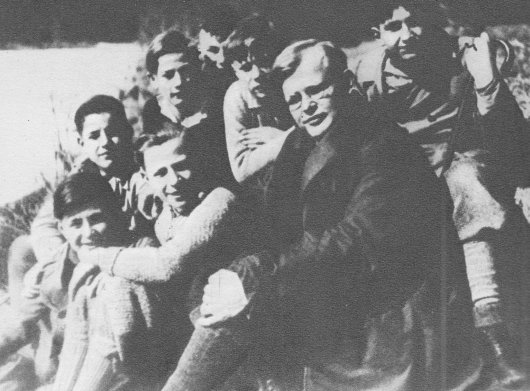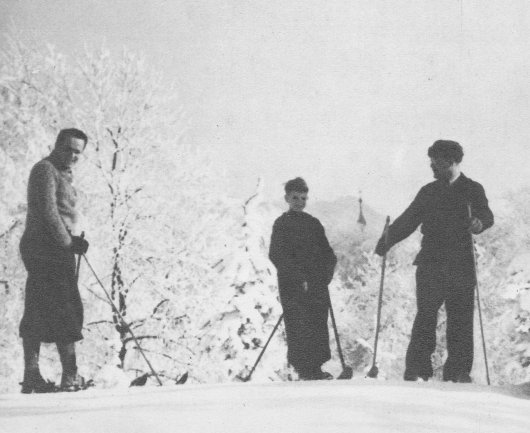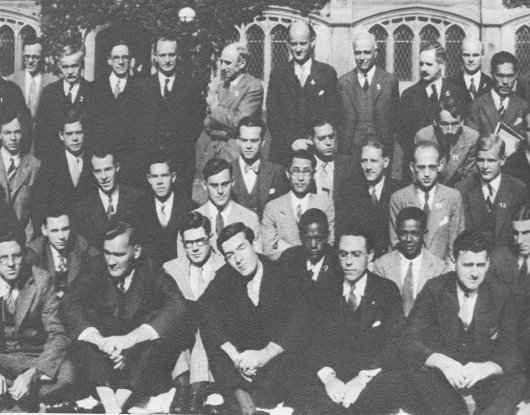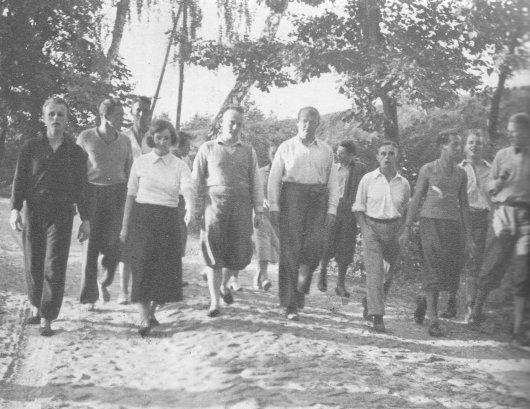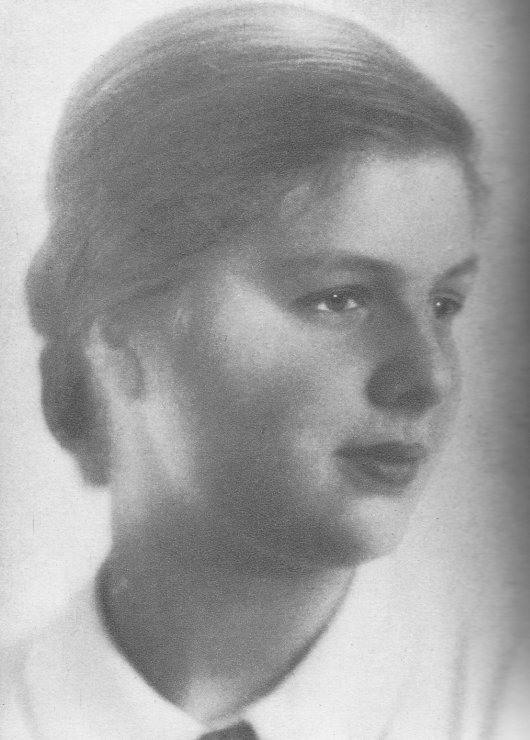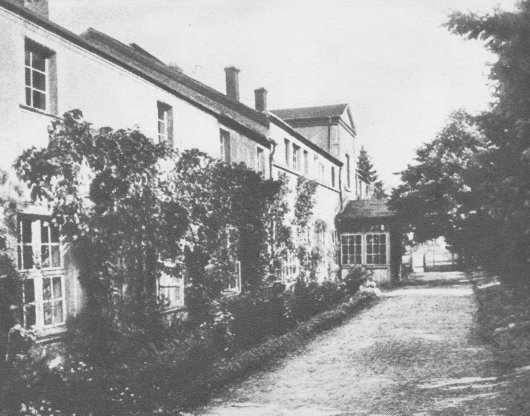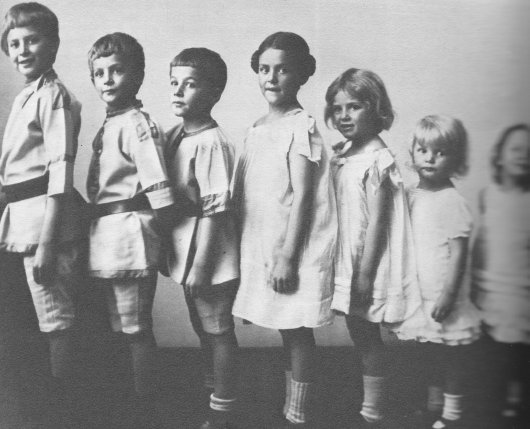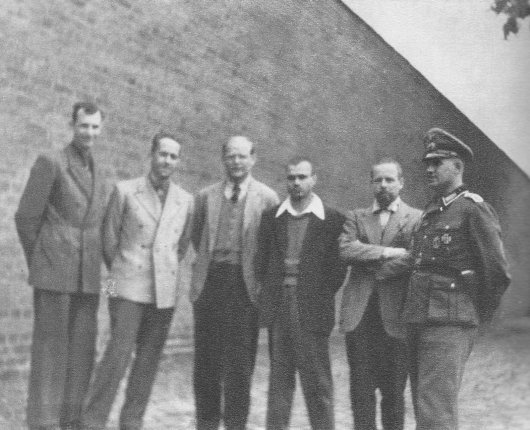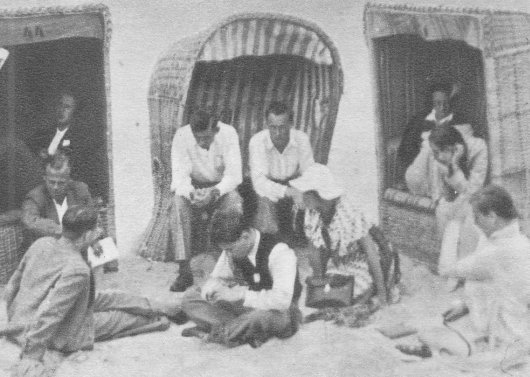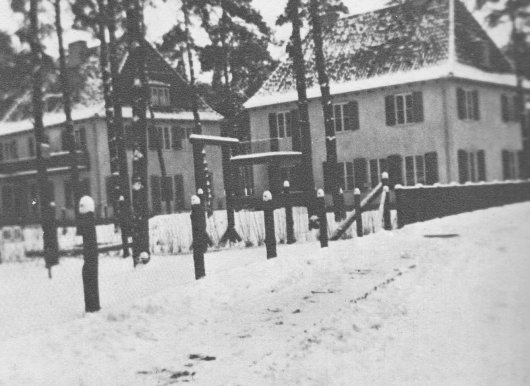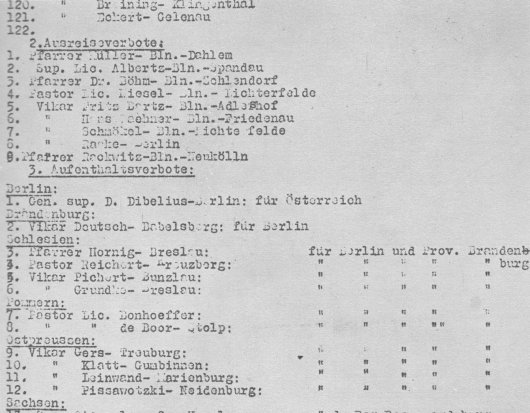 AMERICA
AMERICA In Which We Strive To Be Outside The Thing That Thinks
 Monday, February 29, 2016 at 10:53AM
Monday, February 29, 2016 at 10:53AM 
The Culture Wars In Reverse
by DICK CHENEY
The 1960s and 1970s were a garbage time and place to be a part of. You had to choose a side in this war of bad color schemes, scarves worn in exactly the wrong places, and the all-encompassing scent of B.O. On one side stood an ungrateful bunch of wretches who had not really done any work, but listed the things they expected their country to provide for them. On the other side were a bunch of sexist racists who inhabited the power structure and were like, "What was really wrong with how things were when women and blacks were casualties of a quintessential maleless that was everpresent, like the wind?"
Well, now that power structure has been dismantled. The most important person in our foreign policy has largely been a woman for seventy percent of the last two decades, and for eight years we have enjoyed the gentlemanly, paranoid camaraderie of an African-American policy wonk in the Oval Office. Nobody in their right mind would say that the last eight years were a nightmare; neither did they represent a renaissance. We stood pat. Unfortunately our hand was not all that great.

Now one maniac has a basic platform. Let's go back to how things were, let's make America gr8 again. The WGN series Outsiders concerns the white people who settled on a mountain in Kentucky more than a century ago, and a corporation which wants to remove them from their home. They know exactly what Mr. Trump is talking about.
All property is rightfully possessed by those with the will to defend it. None of the police officers in Blackburg, Kentucky want to go up to that mountain and lead an eviction of these primitive folks who call themselves the Farrells. This crazy inbred tribe brew moonshine; it is not entirely clear how they supply themselves with food. They are led by a man named Foster (David Morse) and his mother Ray (Phyllis Somerville), who looks like a granola bar.

At times Hillary Clinton lapses into a disturbing Southern accent. She cannot help being something of a fake, of being the sort of person who tells everyone she meets exactly what they want to hear, because this is the primary tact of her two main competitors in obtaining the presidency. Say what you want about Mr. Obama, but he always said what he thought he could get away with, and if you didn't like it, he did not really care.

That is two types of people. Whites are becoming a majority; white males even more so. America's population is becoming urbanized and weak, feeble like the sheriff in Blacksburg, an Oxycontin addict played by the marvelous New Zealand actor Thomas M. Wright. A man is not a man, now. Donald Trump is not even a man. Look at photographs of him when he was younger: he looks like Patrick Bateman crossed with William F. Buckley wearing a condom on his head.
Ronald Reagan was not exactly a man's man either. You have to go back a long way to find someone who was a man's man in the Oval Office. I used to think Donald Rumsfeld had balls, but then he focused his energies on making a card game app, and I started writing for This Recording because I wanted to seem cool and because I had a lot of jokes about Matthew Fox that I felt needed telling. When I looked down in the shower on Friday I couldn't see either a penis or balls. I was bare as a mannikin down there.

Thomas Wright's police offer becomes the sheriff under unusual circumstances. The previous sheriff took him on the Farrells' mountain. His foot became caught in a bear trap, and he fell, where another trap snapped his head off. Outsiders showed this unlikely death, and since I am not a real man, I almost cried.
Even the men on Outsiders, grizzled as they are, spend the vast majority of their time worried about what women think of their actions and behavior. It is less of a patriarchal society on Hick Mountain than you could expect. A ruling council is led and filled by women, though the men do not always obey. Outsiders is the best thing WGN has ever brought to air, but it may hit a bit too close to home.

I watched a movie the other day that I hoped would place some gristle in my private parts. It is called The Survivalist. It is about a man's man (Martin McCann) who lives on a little farm long after people have run out of oil and other fossil fuels which sustain our current way of life. He is doing fine by himself living in the cutest cabin until two women saunter into his garden. Naturally, the women are his complete undoing. The younger one (Mia Goth) has no eyebrows and offers to have sex with him for food.

He accepts naturally, and he becomes incredibly soft. He only has eyes for Mia Goth. He is perhaps unaware of all the filthy things Shia LaBoeuf did to her in the context of what Shia calls a romantic relationship. Not even Shia LaBoeuf is a real man, for a real man only knows what a mirror is when he hears other people talking about it or when he uses the bathroom at the mall.
As you can see this essai has gotten away from me. When I began it, my goal was to prove that this was the culture wars in reverse: an aggrieved white minority wants to return to an idyllic past while a multicultural majority wants to suppress what they believe are disturbed values.

But as I was proving this by reviewing a TV show that airs on WGN and movie that went straight to OnDemand, I realized that in order for a culture war to exist, there actually has to be a culture. There is nothing Donald Trump or Hillary Clinton can actually do to change America in any discernible way. The only way they can alter the nation is by saying things that make people angry. Then perhaps those individuals will go and do things to alter the flow of events.

The last important decision made by a president was made by a real man, Lyndon Johnson. It was the wrong decision, and we kept fighting the war in Vietnam. I say 'we', of course I had no desire to get anywhere near this shitshow. A president is not going to do anything, and anybody that tells you differently just doesn't understand the world.
More importance is attached to that thing in our brain which thinks. That is what we are, and to make a culture, a bunch of people have to think a lot of different things. Someone asked me the other day who I thought the most important man in America was. It was a good question, possibly a query without a real answer. But then it came to me: there are no men left except for Robin Thicke, so I guess the answer is, him by default?
Dick Cheney is the senior contributor to This Recording.

"Millionaire" - Thao Nguyen & the Get Down Stay Down (mp3)







































